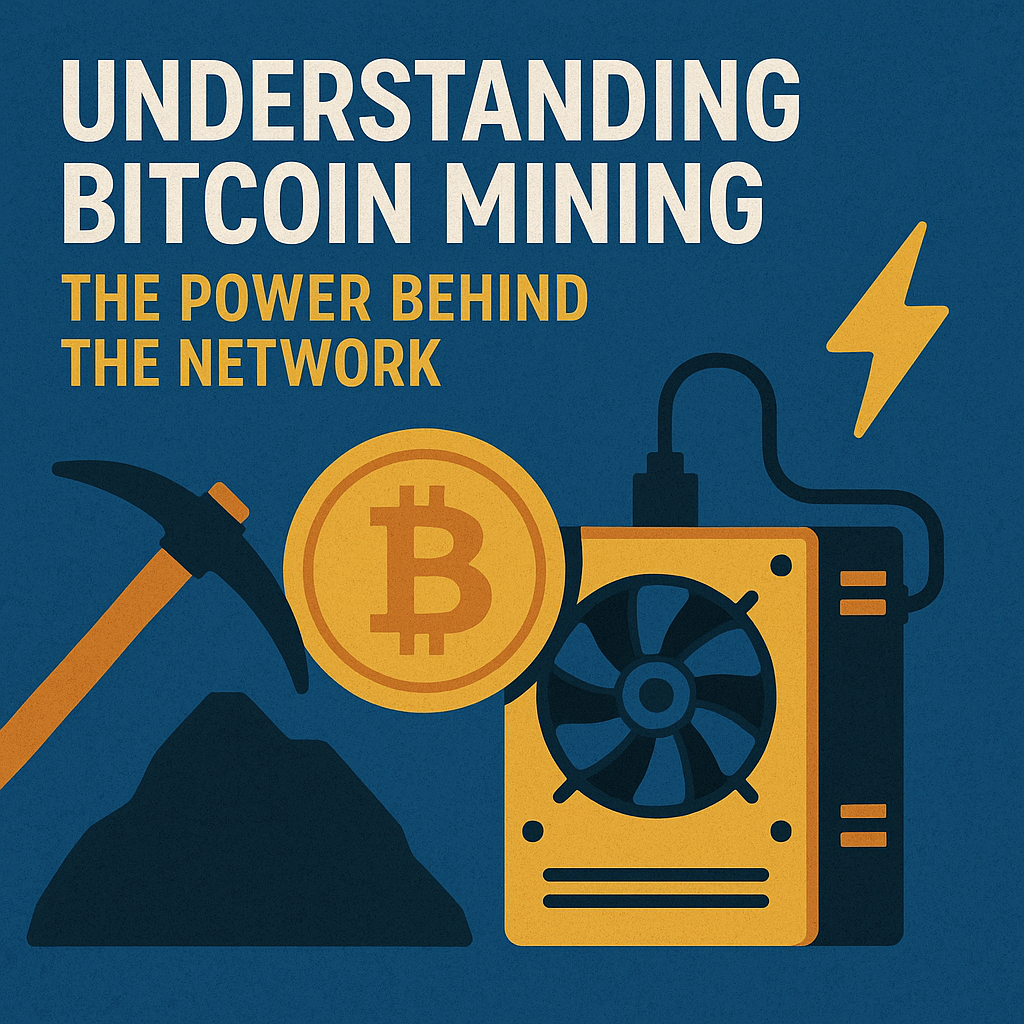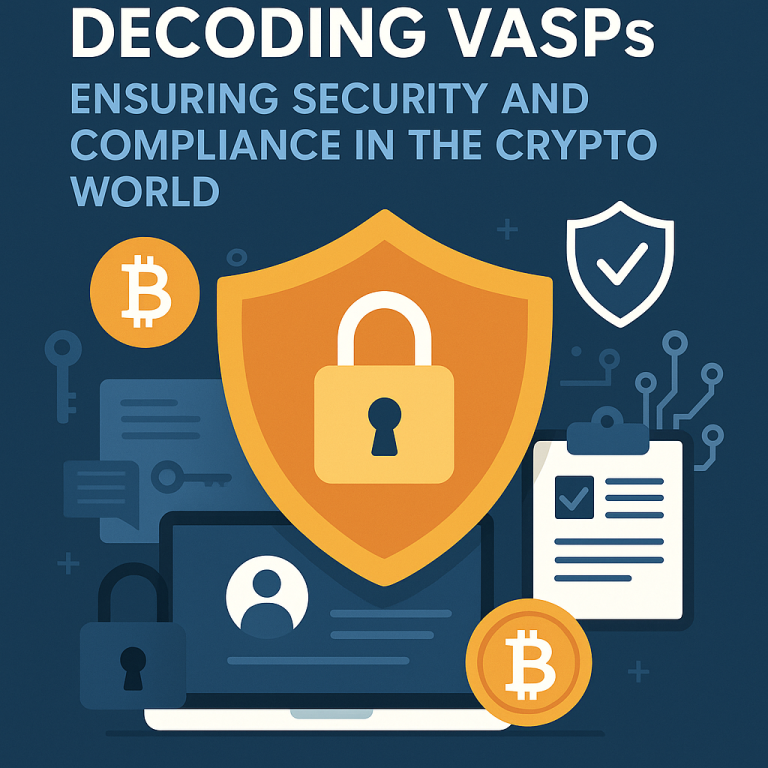
Introduction
Bitcoin mining is a fundamental process that secures the Bitcoin network and validates transactions. It involves solving complex mathematical problems through computation, which is essential for adding new blocks to the blockchain. This article aims to demystify Bitcoin mining, explore its significance, and provide insights into how it operates.
What is Bitcoin Mining?
Bitcoin mining is the process through which new bitcoins are generated and transactions are confirmed. Miners utilize powerful computers to solve cryptographic puzzles, and upon solving a puzzle, they are rewarded with newly minted bitcoins. This process is not only about generating new coins; it’s also about maintaining the integrity of the entire network.
The Role of Miners
1. Confirming Transactions
Miners validate transactions by bundling them into a block. Each time a miner successfully solves a cryptographic puzzle, the new block is added to the blockchain, making the transactions immutable and ensuring that funds are not double-spent.
2. Securing the Network
By participating in the mining process, miners contribute to the network’s security. The computational power required to modify the blockchain makes it incredibly difficult for any single entity to take control or alter transaction history.
How Bitcoin Mining Works
A. The Mining Process
- Transaction Broadcasting: Users initiate transactions that are broadcasted to the network.
- Block Creation: Miners collect these transactions and form a block.
- Puzzle Solving: Miners compete to solve a cryptographic puzzle, known as the Proof of Work.
- Block Validation: The first miner to solve the puzzle broadcasts the block to the network for validation.
- Reward Distribution: Upon confirmation, the miner receives bitcoin rewards alongside transaction fees.
B. Difficulty Adjustment
The Bitcoin network adjusts the difficulty of the puzzles approximately every two weeks. This ensures that blocks are added at a relatively stable rate (roughly every 10 minutes), adapting to the overall computational power of the network.
Miners and Their Equipment
Mining requires specialized hardware due to the computational intensity of the process. There are various types of mining equipment, including:
- ASIC miners: Application-specific integrated circuits designed specifically for Bitcoin mining, offering high efficiency.
- GPU miners: Graphics processing units, primarily used for other cryptocurrencies but still employed by some Bitcoin miners.
Environmental Concerns
Bitcoin mining consumes a significant amount of energy, raising concerns about its environmental impact. Various studies suggest that mining operations contribute substantially to global electricity consumption, prompting discussions on transitioning to renewable energy sources.
Related Searches
- Bitcoin mining explained
- How to start Bitcoin mining
- Environmental impact of Bitcoin mining
- Best Bitcoin mining hardware
- Bitcoin mining profitability
FAQ
What is the average time to mine one Bitcoin?
The average time to mine one Bitcoin varies based on the network’s difficulty and the miner’s hardware. On average, it takes about 10 minutes to mine a block, which currently rewards 6.25 Bitcoins.
Can anyone mine Bitcoin?
Technically, yes. However, due to high competition and the need for specialized hardware, individual mining is less common. Many opt for mining pools to share resources and increase their chances of earning rewards.
What happens to Bitcoin after mining?
Once mined, Bitcoin can be held in digital wallets, traded on exchanges, or used for transactions in the Bitcoin economy.
Conclusion
Bitcoin mining is a crucial component of the Bitcoin ecosystem, securing the network while providing new coins to the market. Understanding the intricacies of mining helps in grasping the broader implications of cryptocurrencies and their place in the financial future. As issues surrounding energy consumption and technological advancements continue to evolve, the conversation around Bitcoin mining will remain relevant in the changing landscape of digital currencies.
By exploring its mechanics and impact, we can better appreciate the significance of this decentralized digital currency.
#Understanding #Bitcoin #Mining #Power #Network

